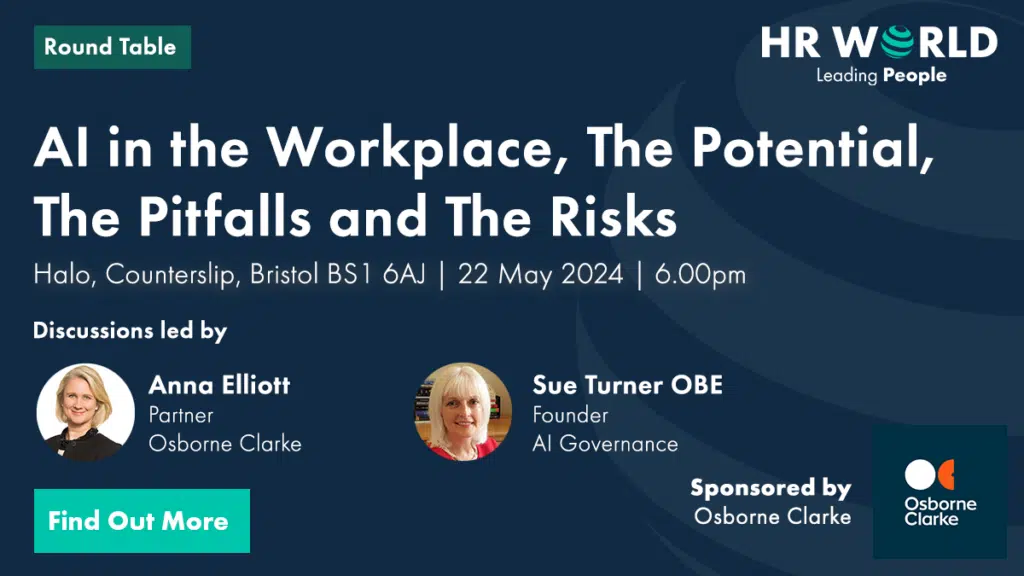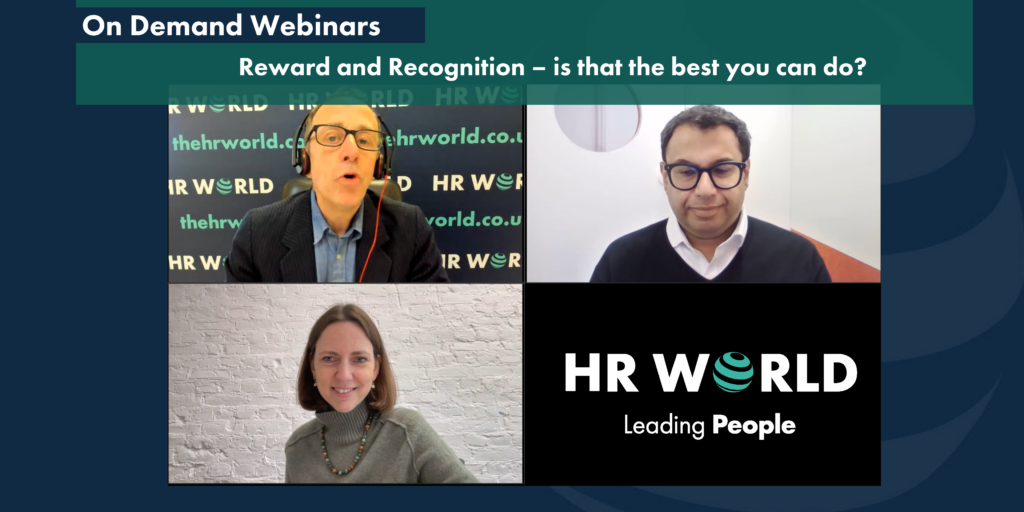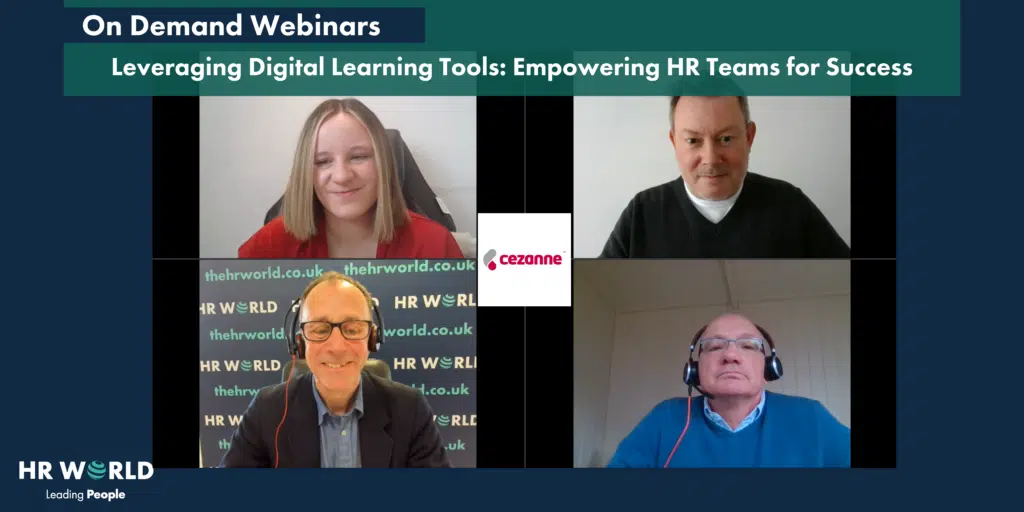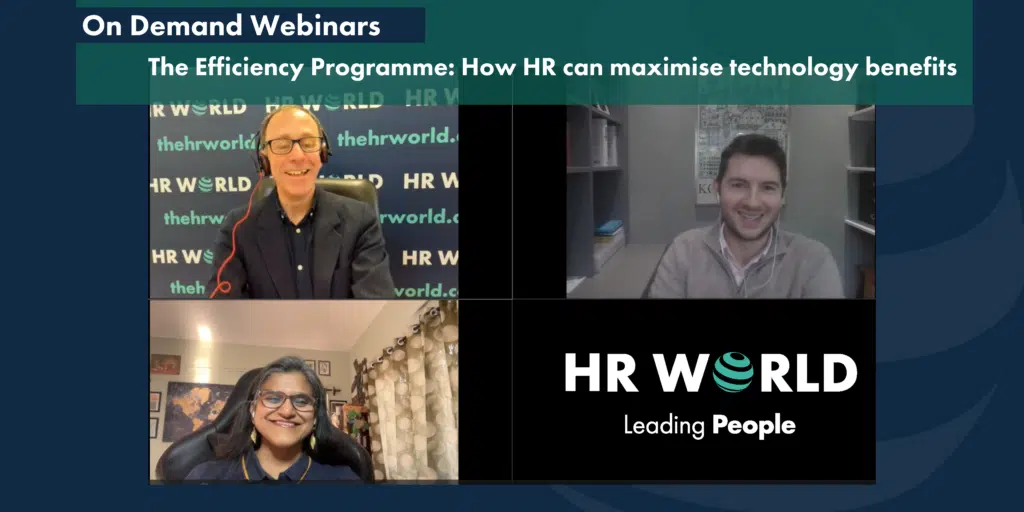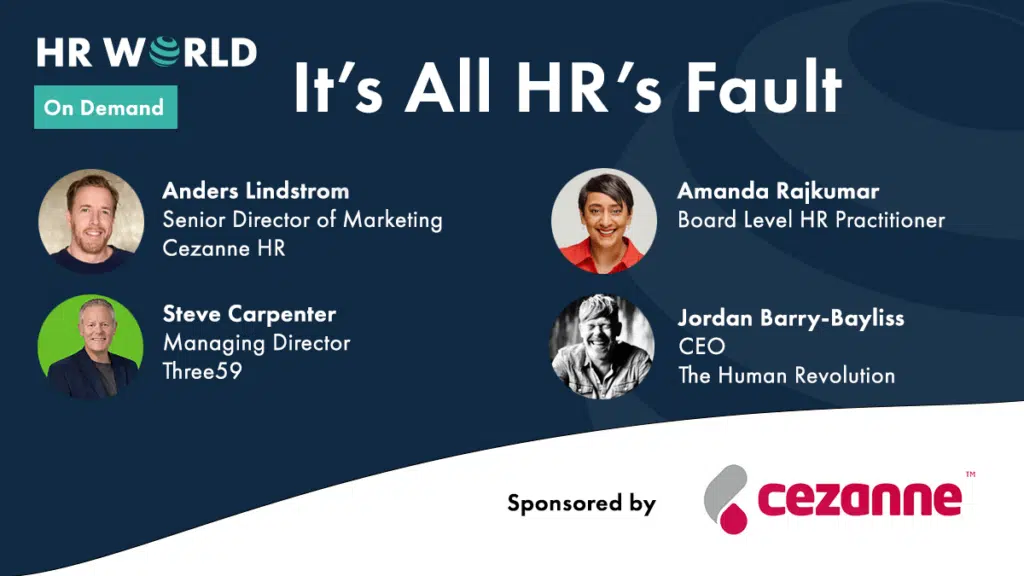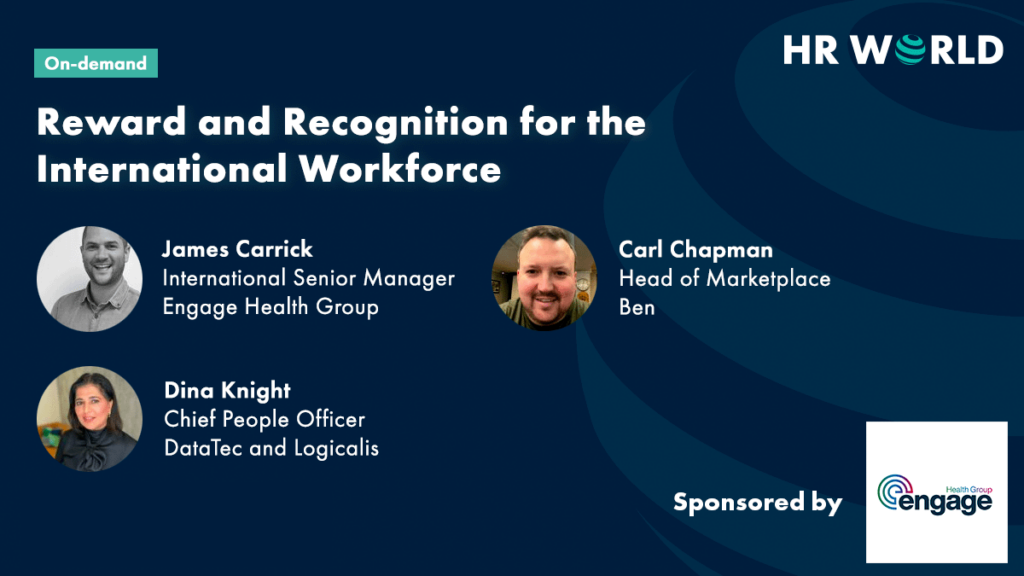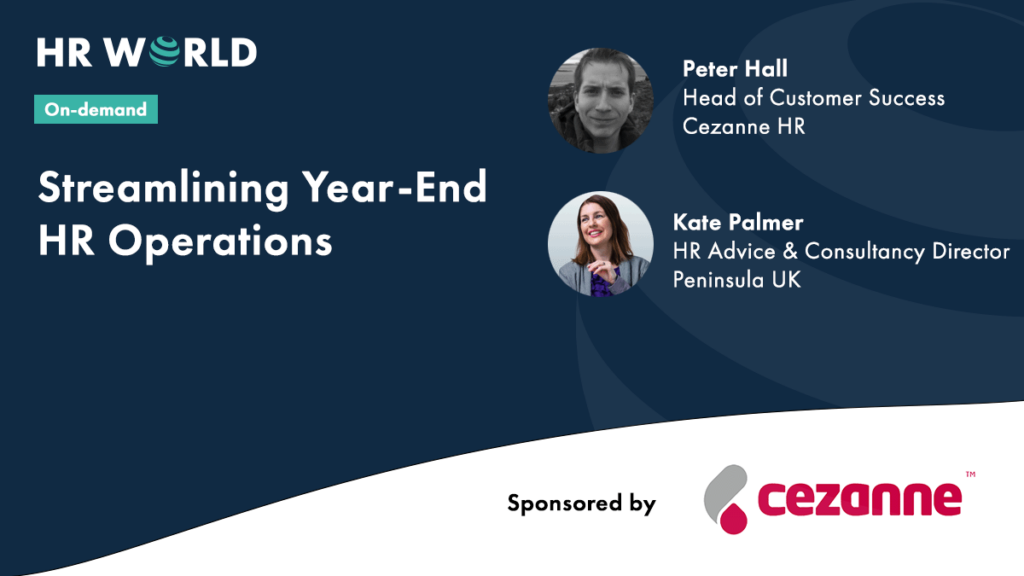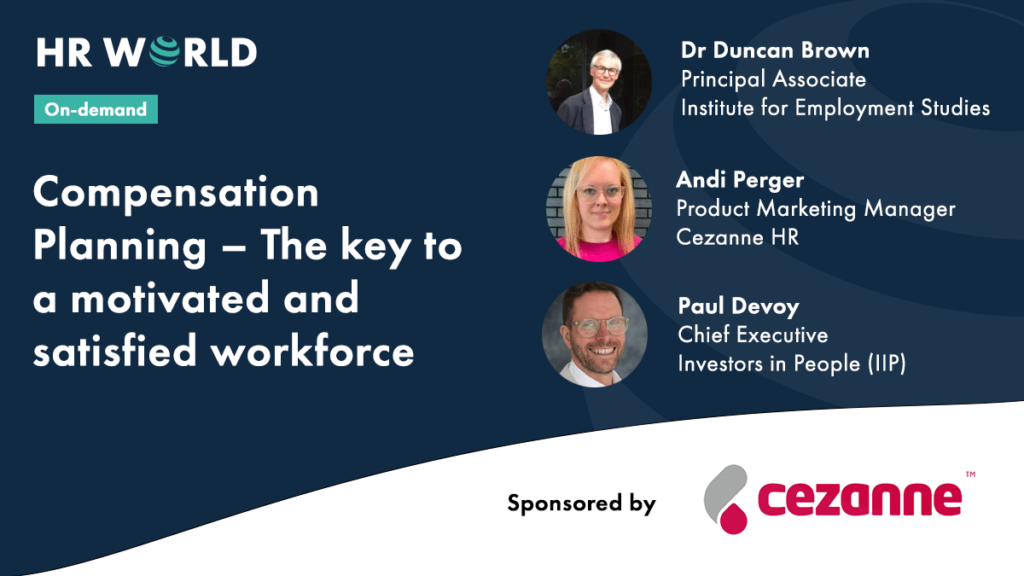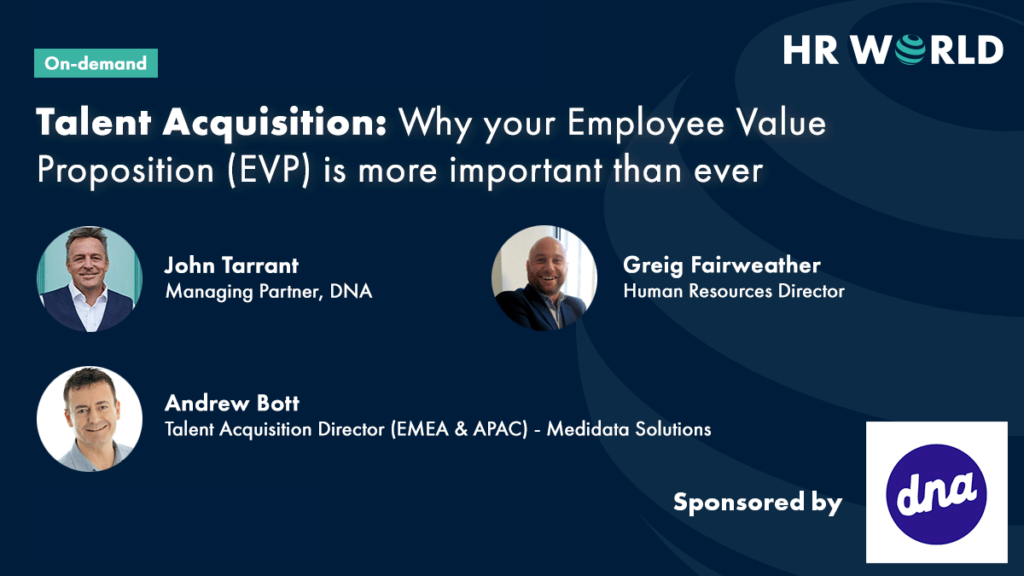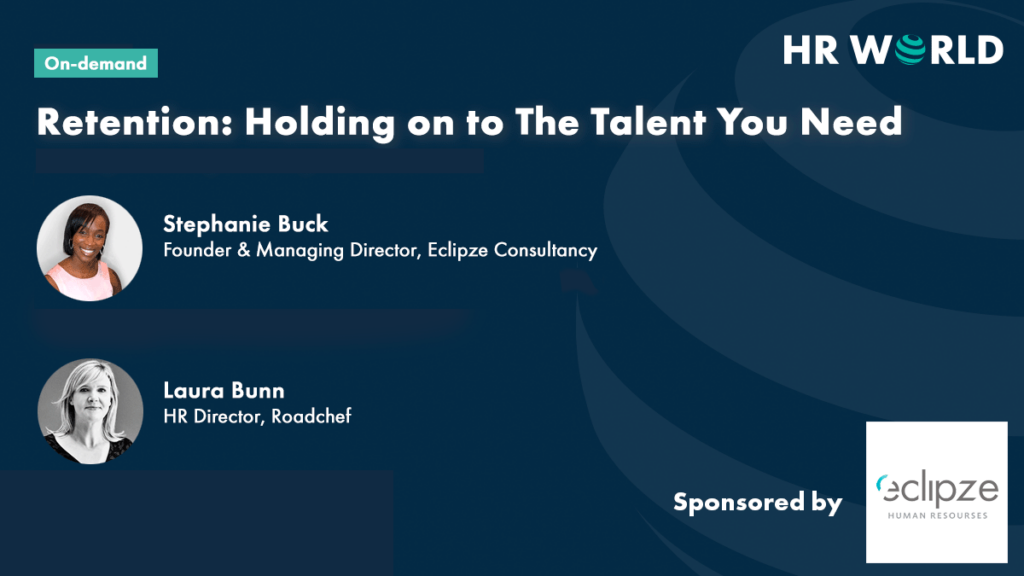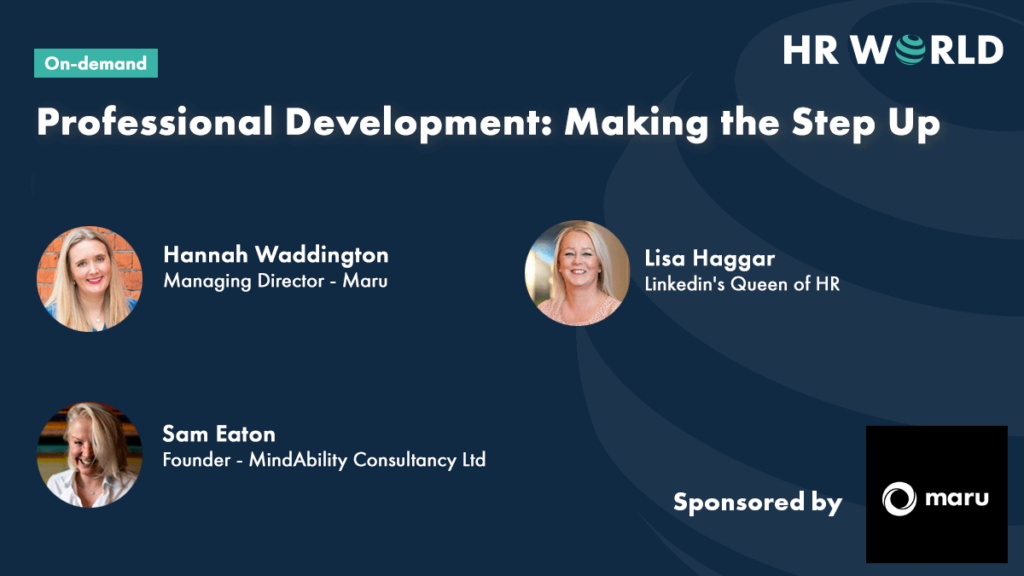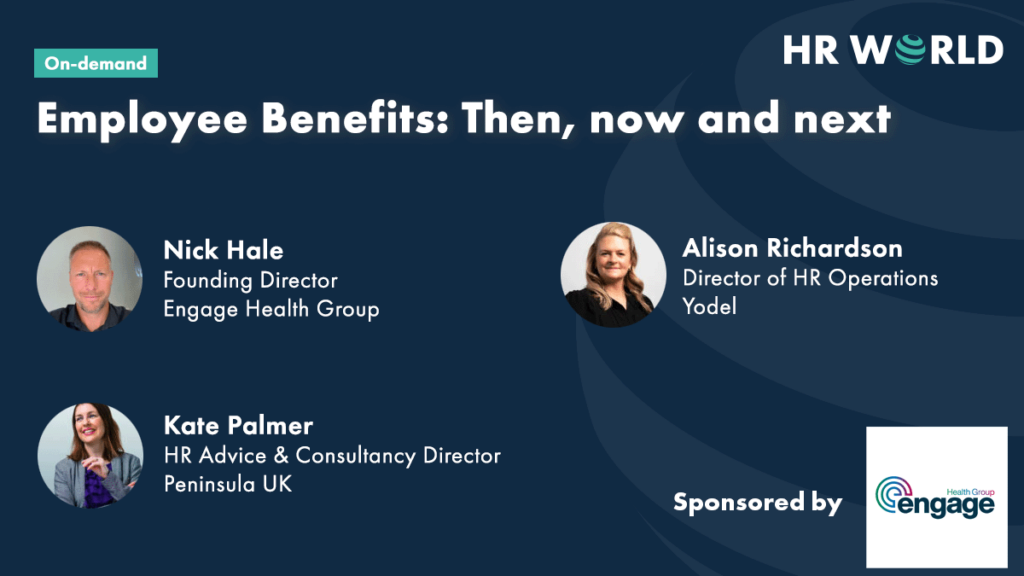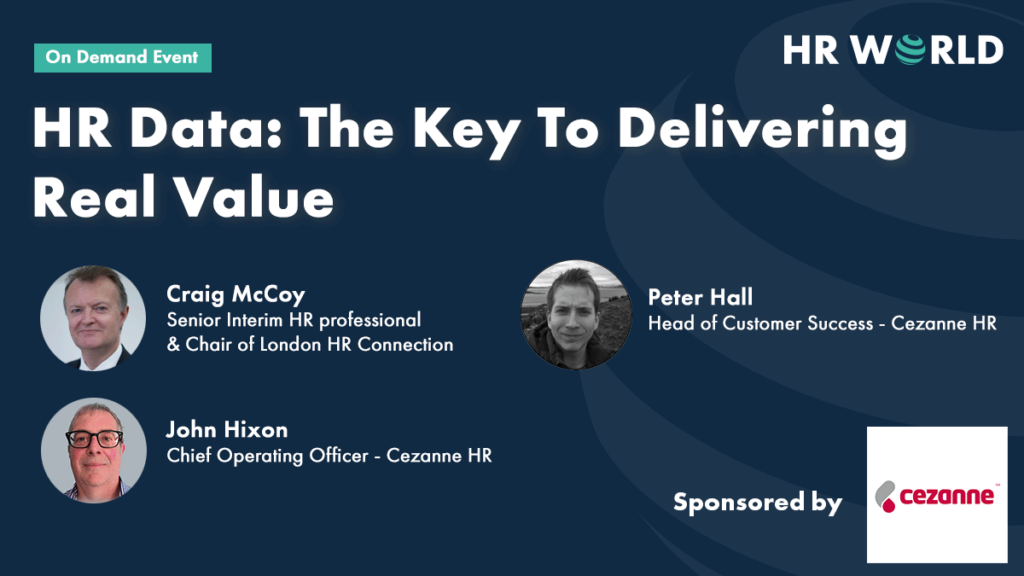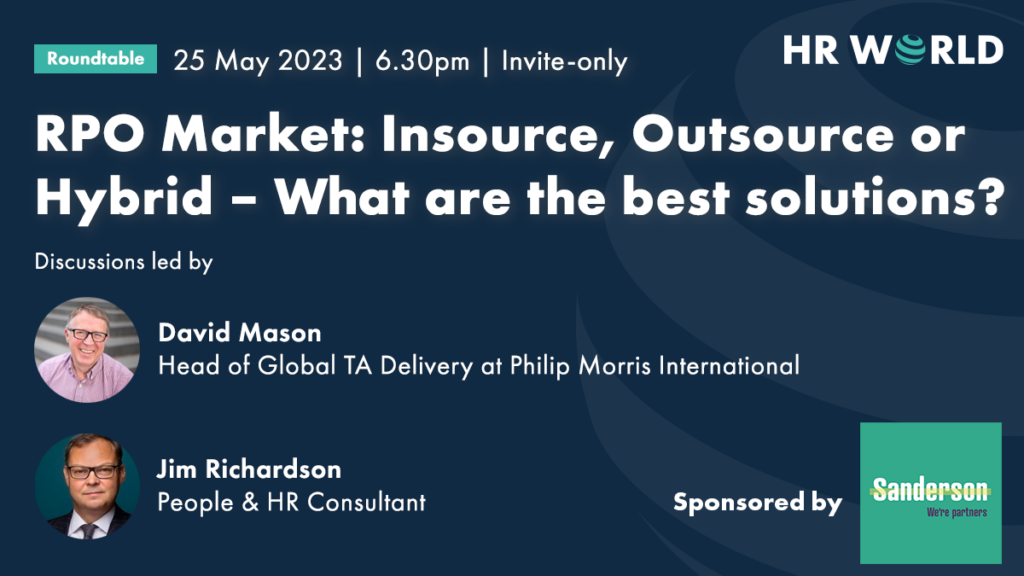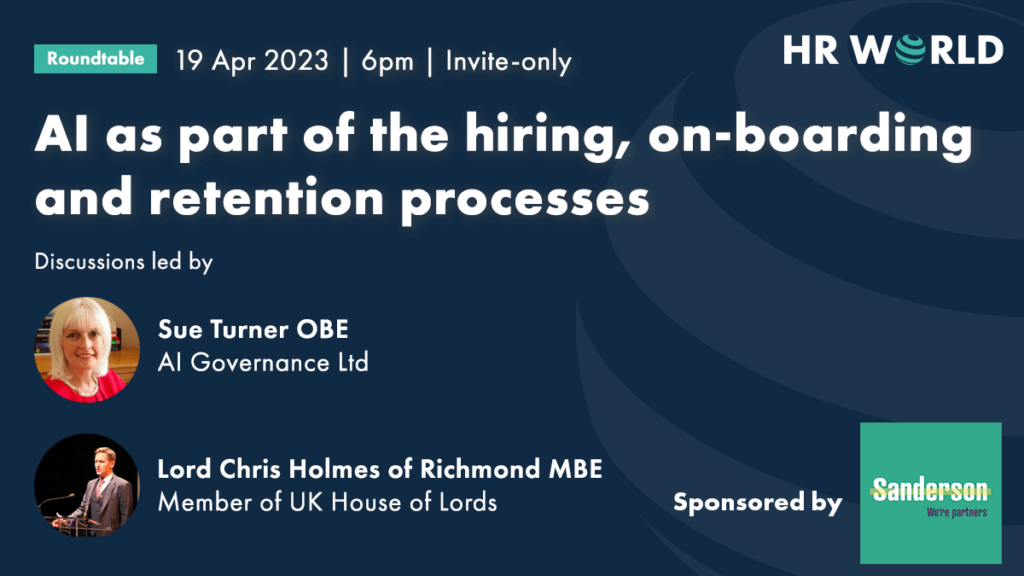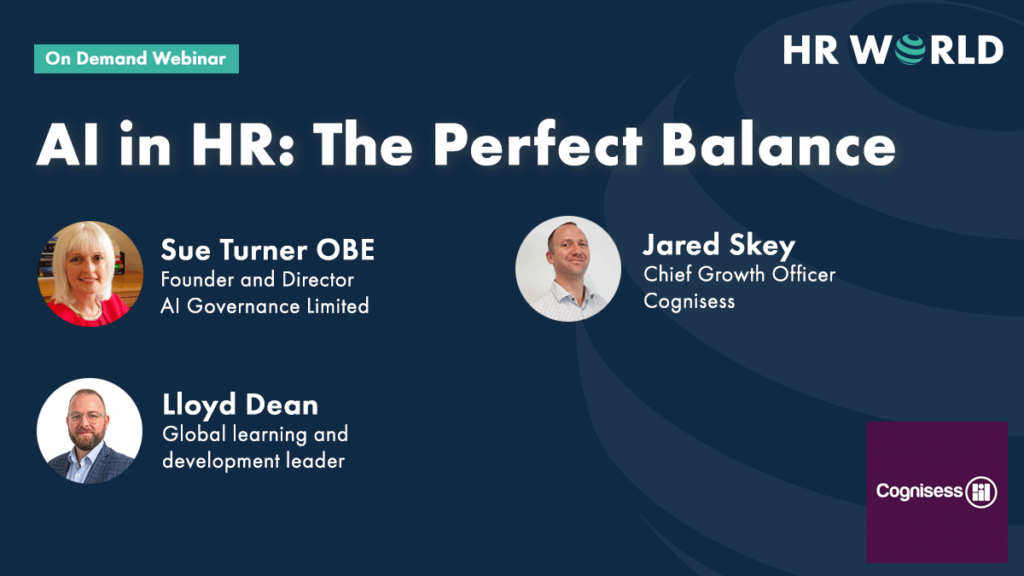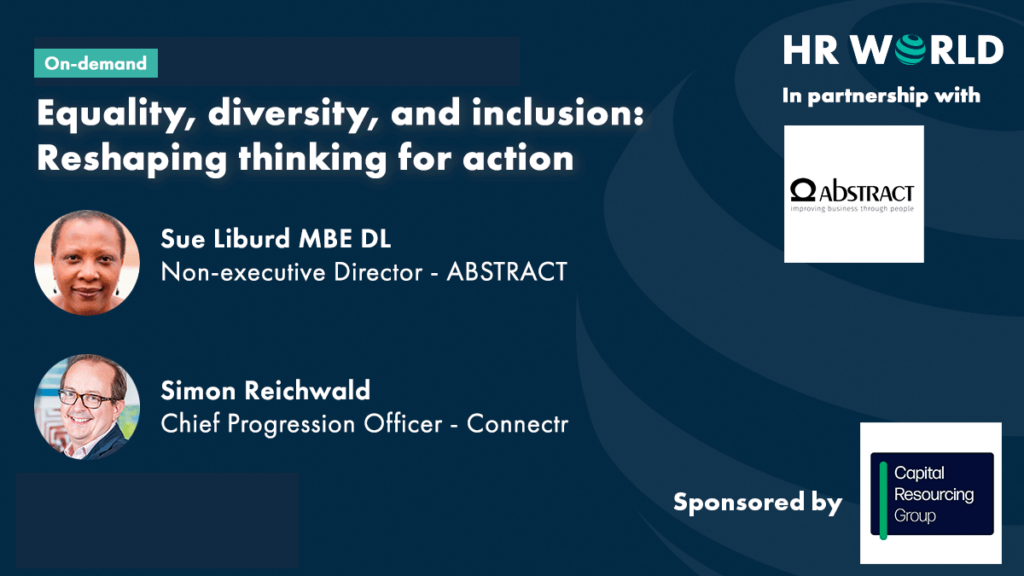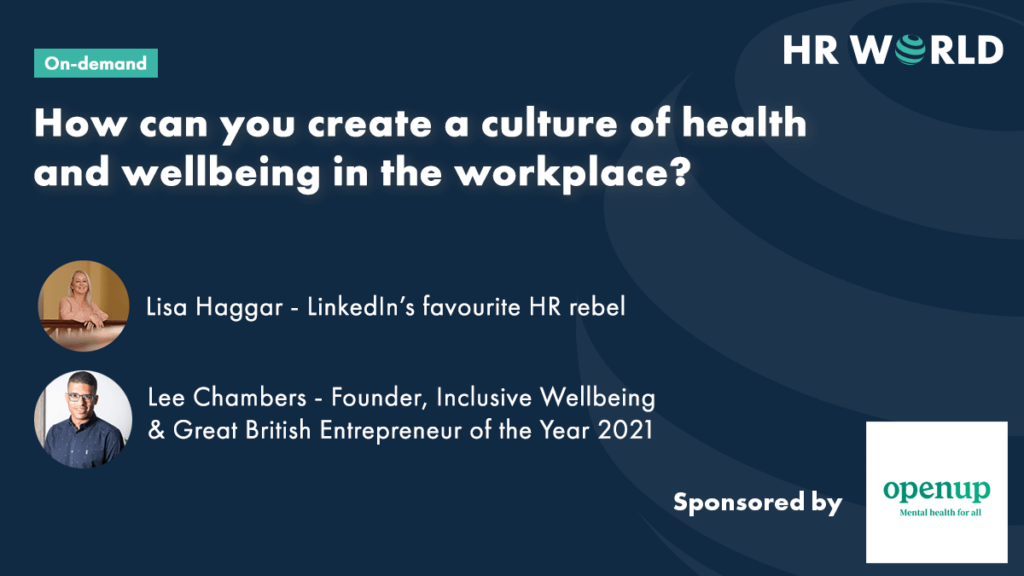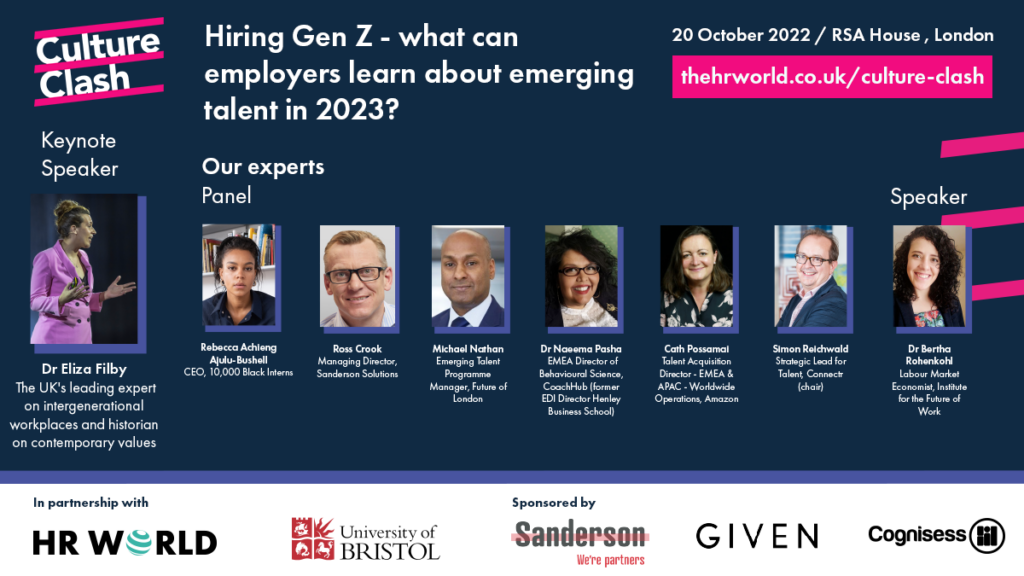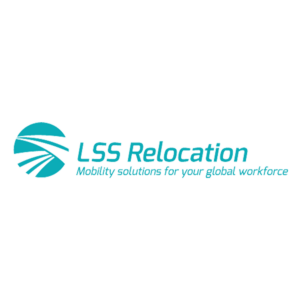Home » Knowledge Hub » Workplace Culture » How flexible working can strengthen our post-pandemic recovery
How flexible working can strengthen our post-pandemic recovery
20 December 2021 Workplace Culture
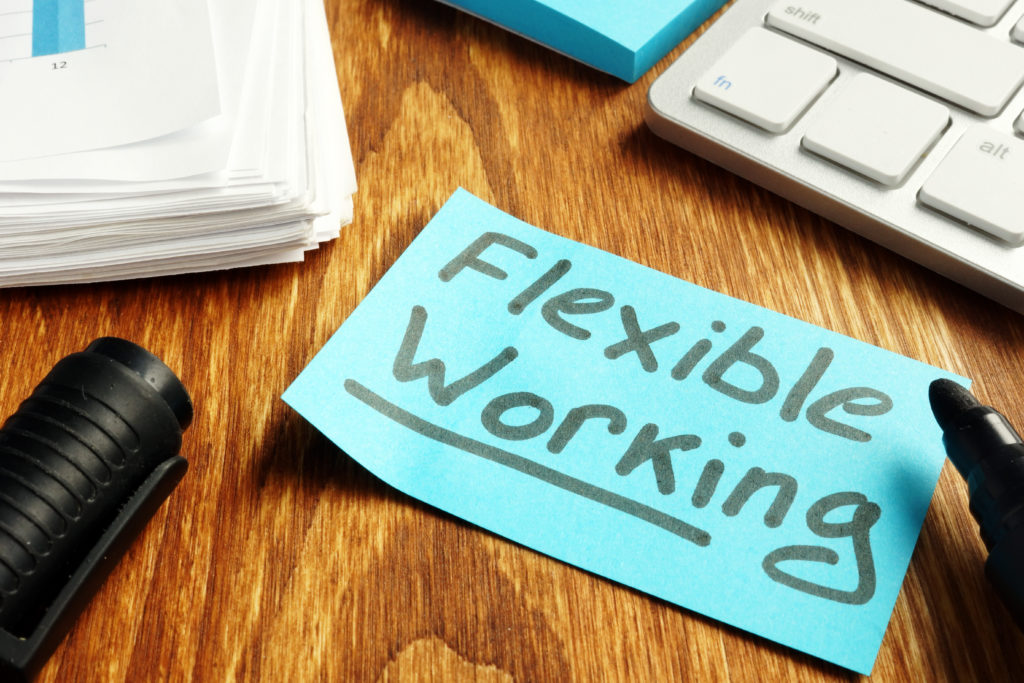
Over the last two years, almost all businesses have had to adjust their working patterns with many instigating necessary working from home or different team patterns.
Flexible working, as it was imposed by the pandemic, has demonstrated that businesses can adapt to embrace flexible and agile working to attain clear benefits for both their employees and business. In my view, it is now in our best interests to explore sustainable flexible working models for the long term.
Flexible working allows businesses to be more profitable and productive, hire from a broader spectrum of individuals and is a fundamental factor in employee retention. Pragmatix Advisory recently published “Flexonomics: the economic and fiscal logic of flexible working”, one of the first studies to quantify the economic benefits of flexible working, which was commissioned by flexible working campaigner Mother Pukka and Sir Robert McAlpine.
The report found that a 50% increase in flexible working could result in a net economic gain of £55bn for the UK economy whilst creating over 51,000 new jobs. The findings demonstrate what many of us already know – flexible working makes sense for business and it is an opportunity that cannot be missed.
Defining flexible working
A key issue surrounding the widespread adoption of ‘flexible working’ is that many businesses only associate it with ‘working from home’, which in turn can seem implausible (or even counterproductive) for many industries.
However, ‘working from home’ is only part of the flexible working story.
Flexible working can refer to changes to working patterns, workload, workplace or a change that aligns to life events.
The variable nature of flexible working includes a variety of different practices and can be anything from a formal contractual change to an informal agreement between employee and line manager.
The business case for flexibility
Flexible working is also becoming an increasingly important factor in attracting talent, as well as reducing absenteeism and sick leave.
In fact, the Flexonomics report found that the sickness absence rate of remote workers was less than half that of non-remote workers, and that 87% of all people are now looking for flexible working in a job.
At the core of every successful business is a motivated and happy workforce and flexible working allows employees to balance their work and home responsibilities more easily.
Workers are happier and more productive when they are operating in an environment that shakes off the constraints of traditional and rigid working arrangements.
A recent study by Wiserd found that two in three homeworkers report being more productive and 36% report being able to get more done in a shorter amount of time. It is evidently clear that flexible working can improve the work-life balance and mental health of our employees and benefit the bottom line.
In addition to playing a large part in employee satisfaction and retention, offering flexibility is also key to unlocking current barriers for a more diverse and inclusive workforce. Increased flexible working allows for an additional 3.8 million people to enter the workforce, including 1.2 million parents, 1.5 million people with disabilities, 500,000 with caring responsibilities and 600,000 others who are currently out of work.
It has the potential to unlock untold business potential and the Flexonomics report estimates that refusals to accommodate flexible working requests are costing businesses around £2bn a year.
At Sir Robert McAlpine, we already have agile and flexible working policies in place to improve diversity and inclusion amongst our workforce, but we still have some way to go. To continue our journey, we are now working with consultancy Timewise to trial flexible and agile working on a number of select pilot sites with further input from our Affinity and Employee Networks.
This consultation will allow us to create and implement a flexible working framework which caters for all of our people’s needs, be that in our offices or on our sites



